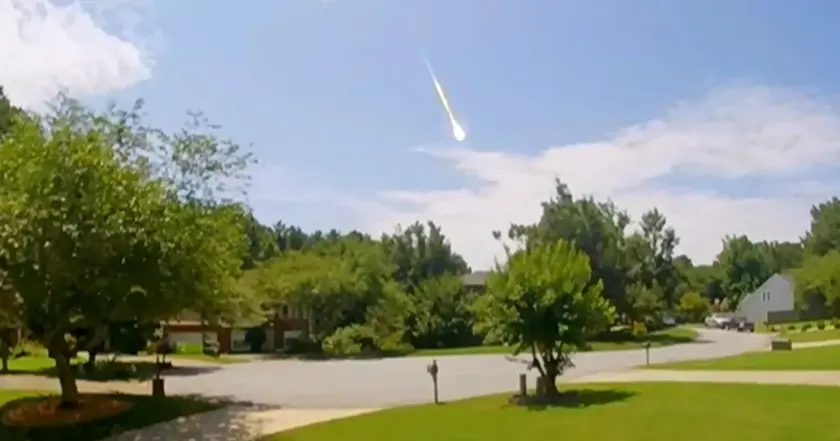T4K3.news
Ancient Meteorite Lights Up Georgia Sky
A fireball over the Southeast was confirmed as a meteor with fragments found on a roof near Atlanta
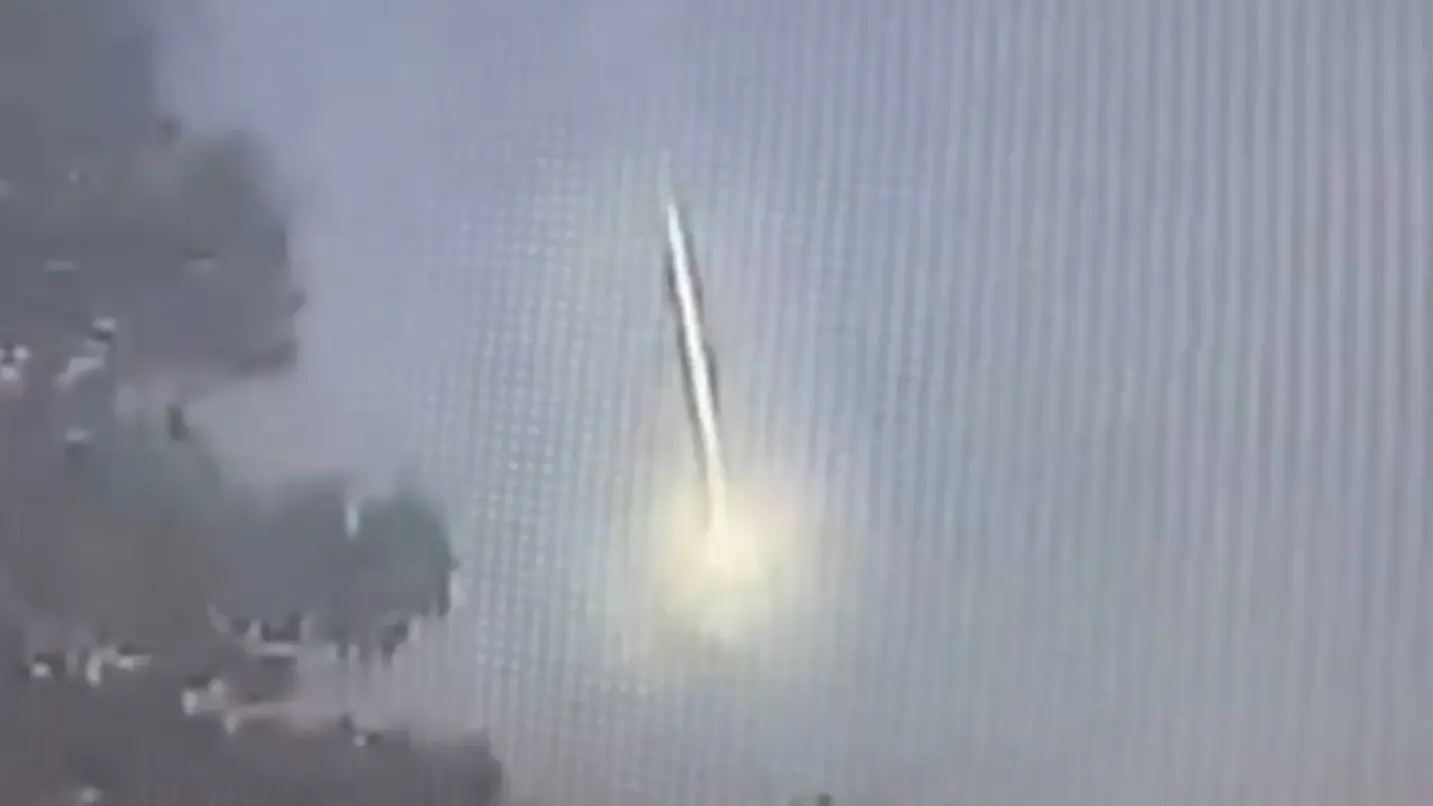
A video captures a fireball over the Southeast that NASA confirms as a meteor, with fragments later recovered from a roof near Atlanta.
Ancient Meteorite Lights Up Georgia Sky on Video
NASA confirmed the fireball over Georgia and the Southeast on June 26. The incident, nicknamed the McDonough Meteorite by local outlets, was captured on video by a viewer near Atlanta. University of Georgia researchers, led by planetary geologist Scott Harris, collected about 23 grams of fragments from a roof near Atlanta and concluded the meteor is 20 million years older than Earth.
The report highlights the split between dramatic headlines and careful science. While fragments were found and examined, experts warn that extraordinary age estimates for meteorites require verification from multiple dating methods. No injuries were reported, and the event has sparked interest in amateur astronomy and meteorite collection.
Key Takeaways
"Ancient space rock lands on a Georgia roof and sparks curiosity about time scales."
tweetable highlight of the event and its significance.
"Let the data guide us not the spectacle."
editorial reminder to prioritize evidence over hype.
"Even a single fragment can teach big lessons about the solar system."
notes on scientific value of recovered material.
"The sky keeps secrets that science aims to unlock."
concise statement about ongoing exploration.
This episode shows how a striking sky event can quickly become science news. The claim that a meteor is older than Earth is extraordinary and deserves careful verification before it is treated as established fact. Editors should balance wonder with precise language and peer-reviewed confirmation.
Public fascination with space is strong, and universities play a key role in rapid data collection. Yet the rush to publish can tempt sensational framing. The best coverage connects the immediacy of a sighting with the rigor of science, inviting readers to learn more without overstating conclusions.
Highlights
- Ancient space rock lands on a Georgia roof and sparks curiosity about time scales
- Let the data guide us not the spectacle
- Even a single fragment can teach big lessons about the solar system
- The sky keeps secrets that science aims to unlock
The search for answers continues as scientists sift through the fragments and timelines.
Enjoyed this? Let your friends know!
Related News

Meteorite from asteroid belt hits Georgia home

Georgia meteorite older than Earth identified

Ancient meteorite found in Georgia ages older than Earth
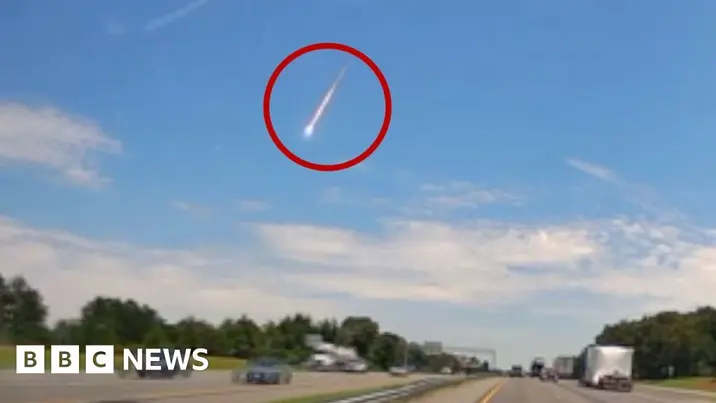
Meteorite found in Georgia
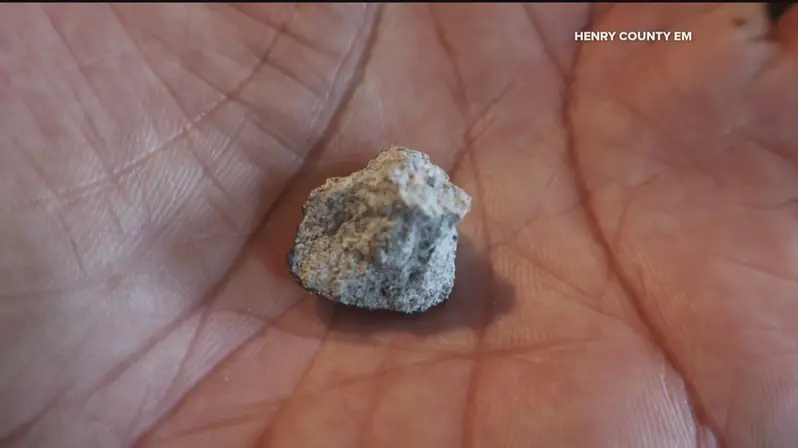
Meteorite found in Georgia home dates back to origins older than Earth
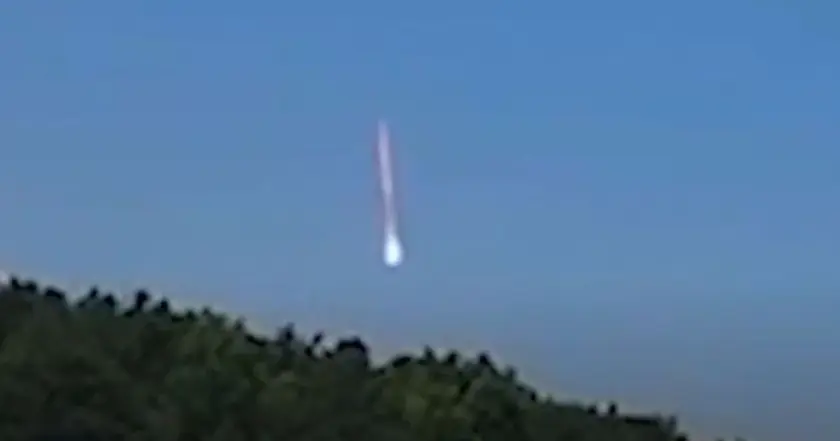
McDonough meteorite predates Earth
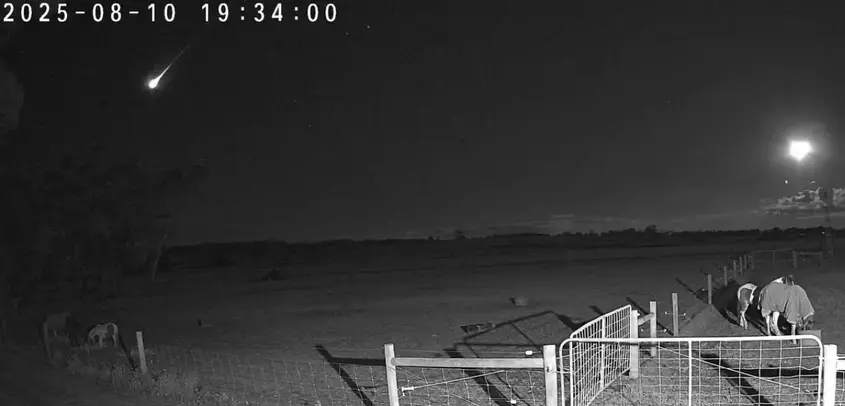
Meteor lights up Australian night

Meteorite in Georgia older than Earth
